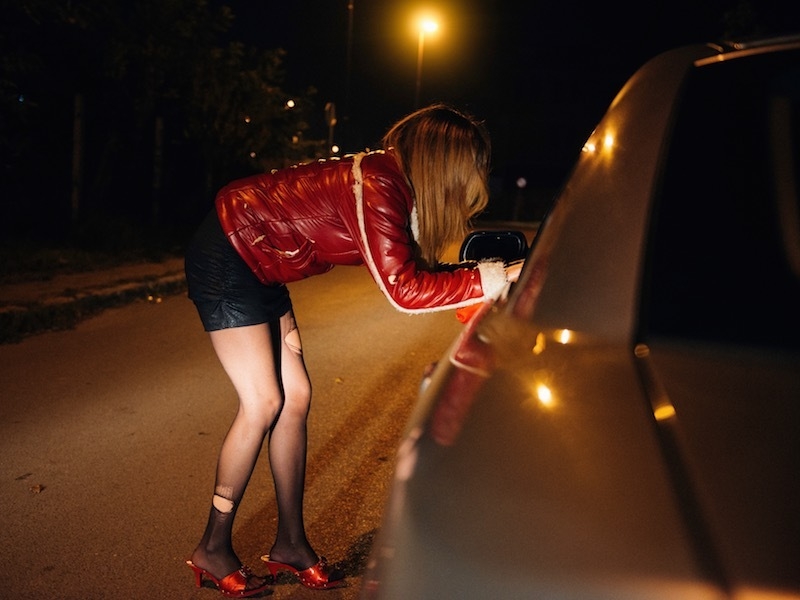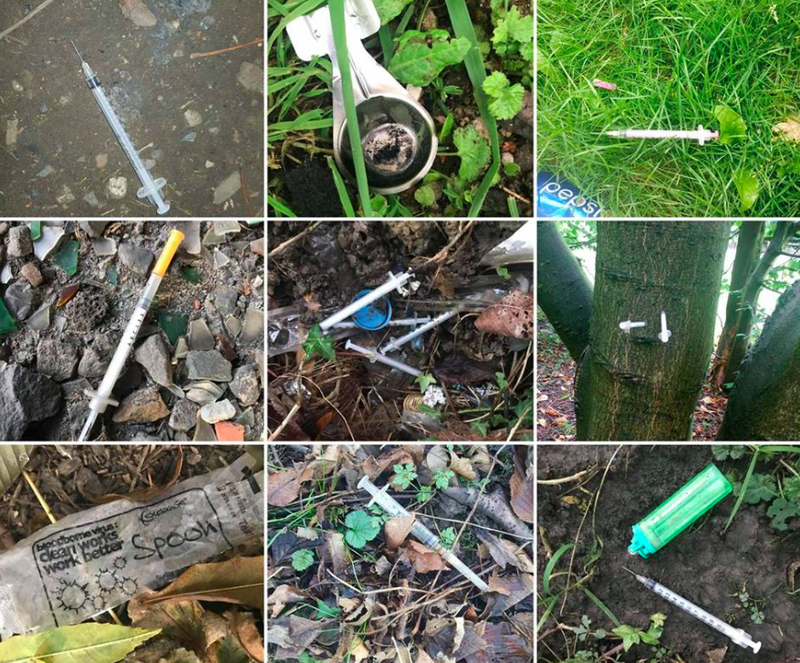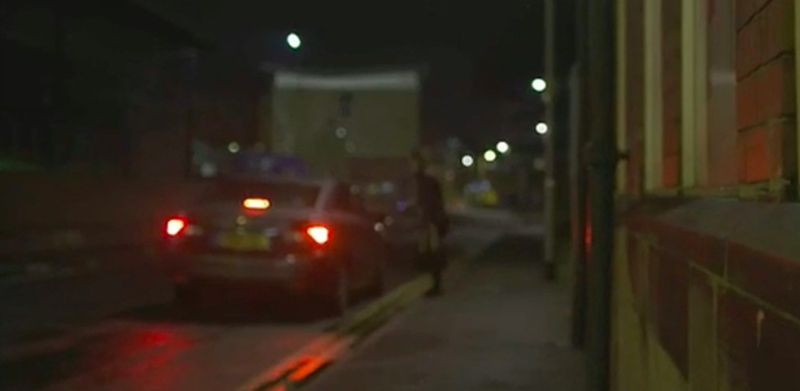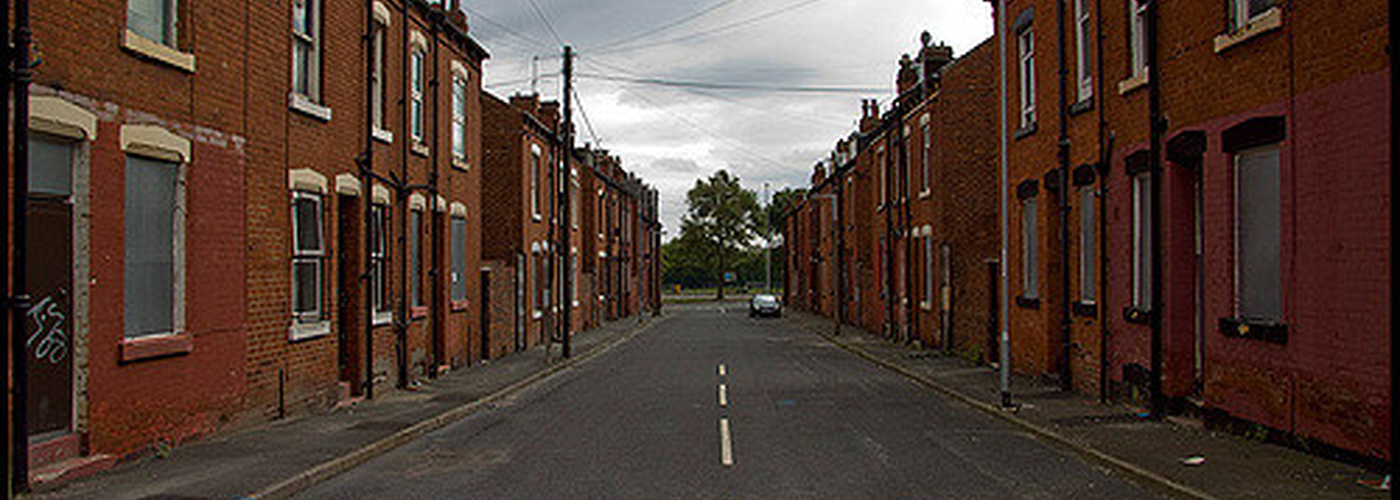Controversy is growing over Leeds’ ‘red light district’ - is it time more was done to ease tensions?
For four years, selling sex has been legal in a small, industrial part of central Leeds. The streets of Holbeck, just south of the river, form a designated zone in which sex work is allowed to take place between the hours of 8pm and 6am.
The scheme began in 2014, but its roots stretch back much further. In 1998, a ‘Kerb Crawler Rehab Programme’ attempted to tackle prostitution by sending men found trawling the pavements to classes where they’d learn about their mistakes, and multiple programmes and initiatives have tried to lower levels of sex work in the city since.
Tensions are running higher than ever...
2002 saw the first official ‘crackdown’, when police displaced women from Chapeltown’s Spencer Place – women who inevitably ended up trading somewhere else, with that somewhere for many being Holbeck.
By its very nature, the managed zone has never been an issue of quietly held opinions, and the past few weeks have seen it rudely thrown into the spotlight once again, with a healthy slice of false reporting in the Telegraph, a resident protest in the area, and dozens of news sites weighing in for good measure.

Despite what the Telegraph might tell you, there has been no ‘crisis meeting’, and the area isn’t on the brink of being shut down. But tensions are running higher than ever, with campaign group, Save Our Eyes, demanding an end to the needles and condoms on the ground, the sex work taking place in residential areas and outside of the designated hours, and the lack of peace in the entire district.
Over the past few years, the rate of reported crime in the area has risen from seven percent to 50 percent, indicating a growing trust between the sex work community and the police, and leading to a rise in convictions of people who might otherwise have become repeat offenders. Three guilty verdicts for violent crimes in the area have been reached in the past few years alone.
While greater transparency is a positive step, it seems like a slow move alongside reports of increasing rates of STIs across Leeds – alongside the murder of Daria Pionko back in 2015, the rise in drug-use in the area, and the reported influx of trafficked women from other countries.
Several documentaries have been filmed in Holbeck, many claiming to paint a frank, uncompromising picture of life for the women and residents here. But while prejudices can be made by the screen, when it comes to sex work and prostitution, attitudes are often too deeply embedded in society and culture to be changed by an honest look at what’s happening.

Where there is sold sex, there is scandal – there are lies, cover ups, taboos and victims. Silence and shame surround issues like this – and that’s what leads to abuse, to women being disbelieved, undermined, told they’re ‘asking for it’, ‘choosing it’ and not given the support they need to get away from addiction, assault and adversity on a daily basis.
The majority of women working in the managed area do so with respect for its rules and limits. They are better able to receive support from charities and council workers, more likely to have health, welfare and safety needs addressed, and more trusting of the authorities. But with skewed reporting and inflammatory articles peppering recent press, it’s becoming harder than ever to combat the catastrophising as people jump on the bandwagon in protest of this hugely complex issue.
The future for Holbeck remains unclear, with more funding for things like harm reduction and social housing urgently needed to move towards a solution. To some, it seems as though the so-called ‘red light district’ has become a scapegoat for the social problems that face communities in Leeds and across the country. In Holbeck, it’s just easier to blame prostitution itself for drug addiction, crime and poverty, without looking more closely at the roots of the issues, or how to move forwards.

But with clashing opinions, a movement fuelled by anger that – from some angles – verges suspiciously on hatred, and now with a planning application to build a 33-storey tower block of luxury apartments just 500 metres away from the zone, an end to the unrest seems a long way away.
What is clear, though, is the need for honesty, openness, and a dialogue unclouded by emotion or prejudice to unite the disparate communities that will always be part of our society. When we – that’s Leeds City Council, the residents of Holbeck, the police force, the media, the sex workers and every other Leeds dweller – can forget blame and remember we’re dealing with the larger problem of survival and suffering, maybe we can begin to calm the shouting, and move towards a solution.




